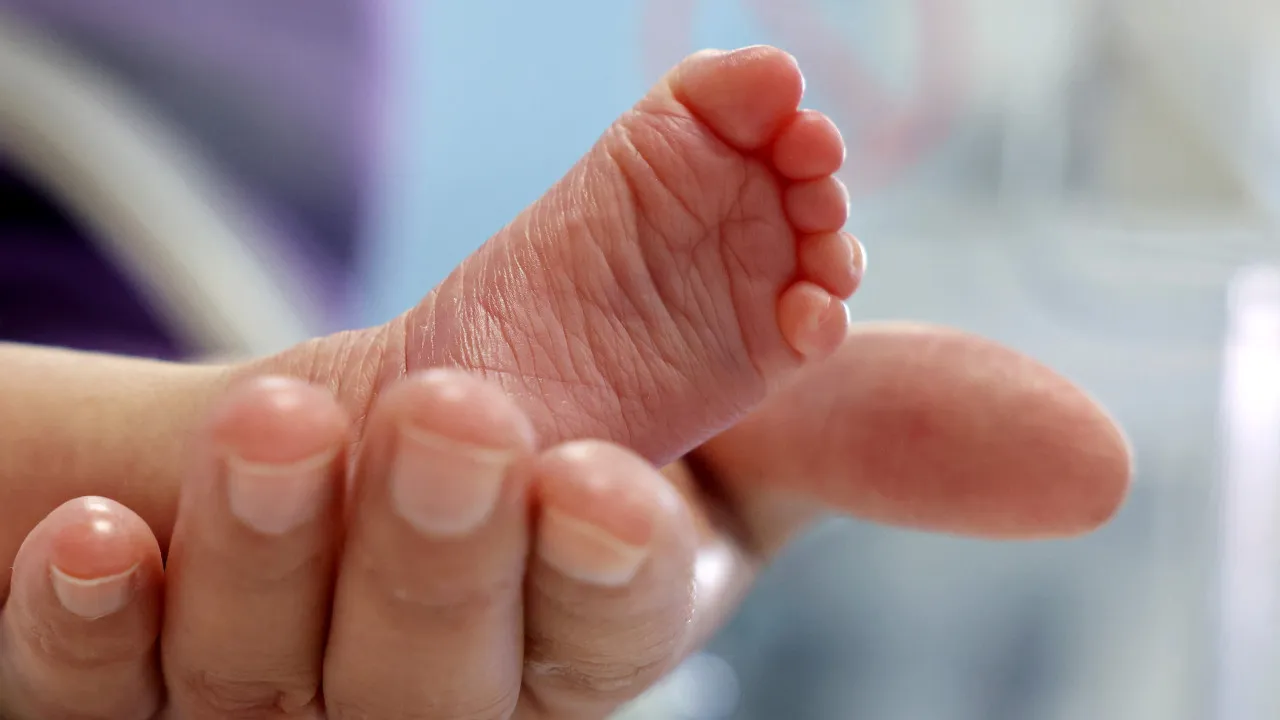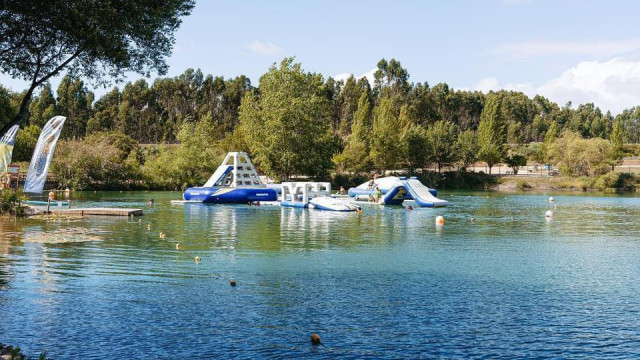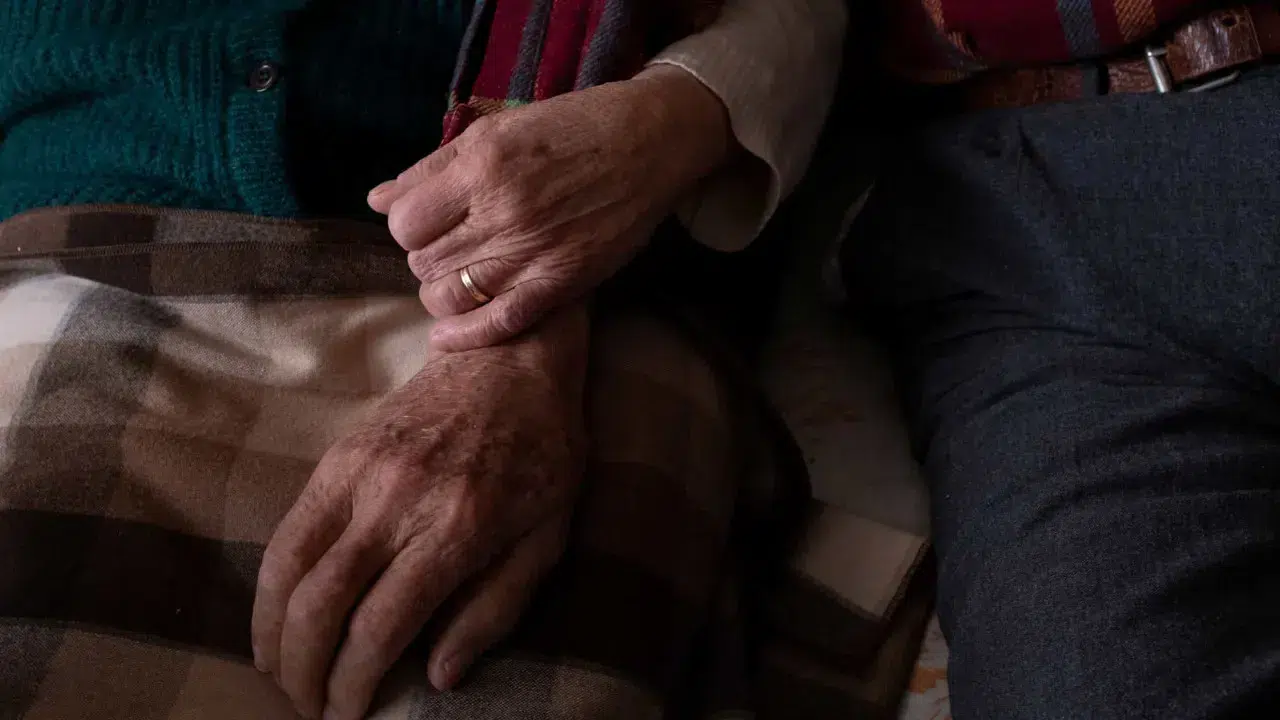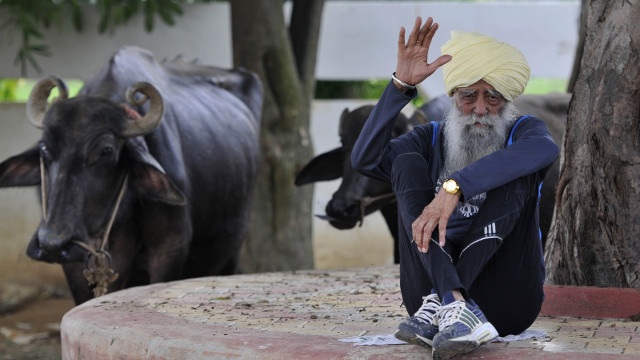
According to the data from the National Neonatal Screening Program (PNRN), coordinated by the National Institute of Health Dr. Ricardo Jorge (INSA), January saw the highest number of newborns screened in the first half of this year, totaling 7,670.
Last year, 84,631 babies were screened in Portugal, marking a decrease of 1,133 from the previous year (85,764).
In the first six months of this year, Lisbon recorded the highest number of screenings with 13,007, followed by Porto (7,432), Setúbal (3,329), Braga (3,175), and Faro (2,174).
The lowest number of tests was observed in Bragança with 260, followed by Portalegre (278) and Guarda (326).
In the past decade, 2016 recorded the highest number of heel prick tests, with a total of 87,577.
Coordinated by INSA through its Neonatal Screening, Metabolism and Genetics Unit, from the Department of Human Genetics, the PNRN has been screening for 28 conditions since 1979, including congenital hypothyroidism, cystic fibrosis, sickle cell anemia, spinal muscular atrophy, and 24 hereditary metabolic diseases.
Although not mandatory, the program currently boasts a coverage rate of 99.5%, with the average time to treatment initiation being approximately 10 days.
The ‘heel prick test’ is conducted from the third day of the newborn’s life by collecting a few drops of blood from the child’s foot.




